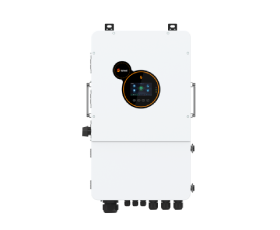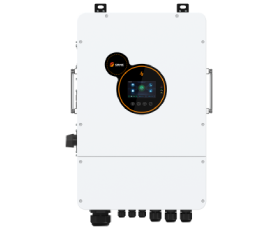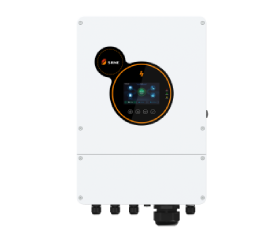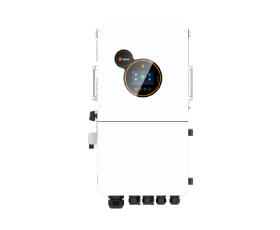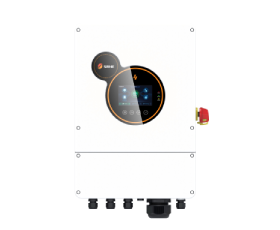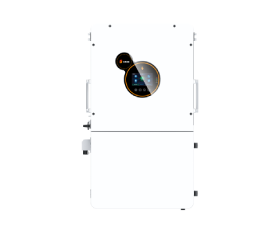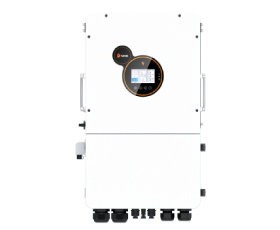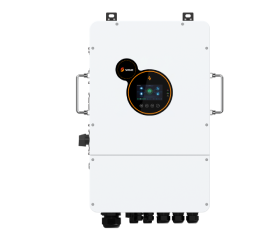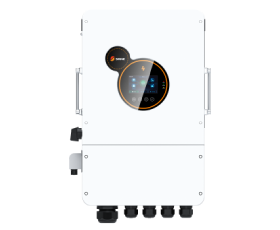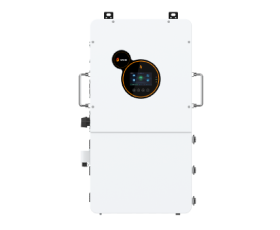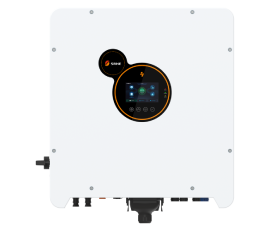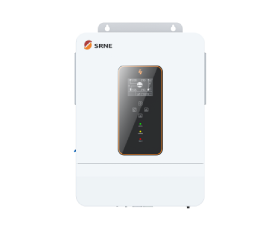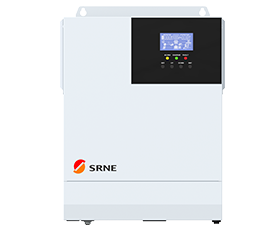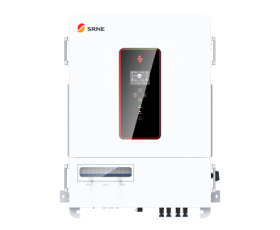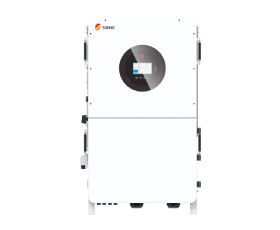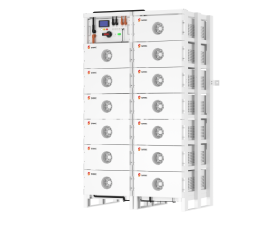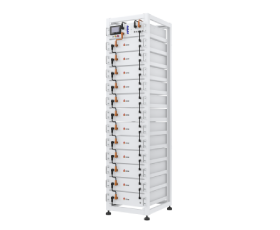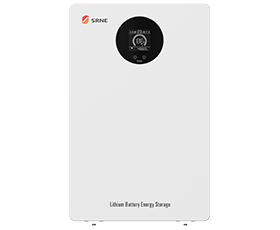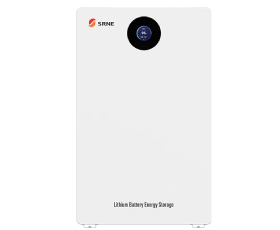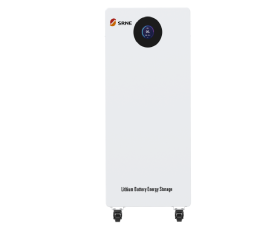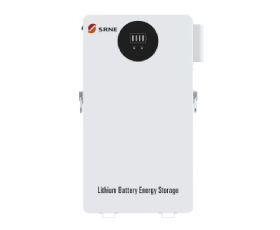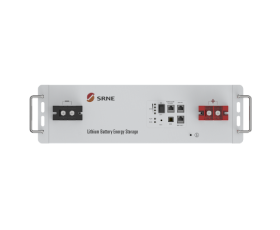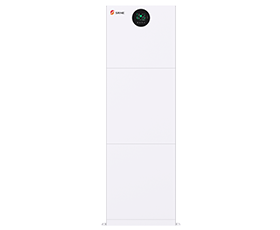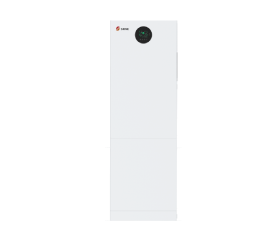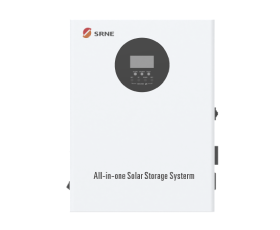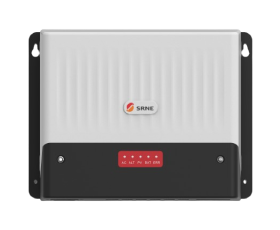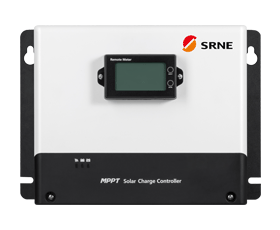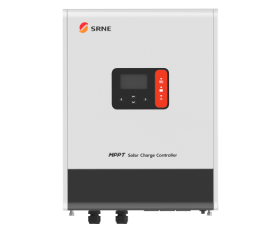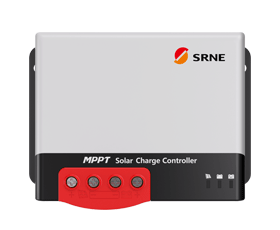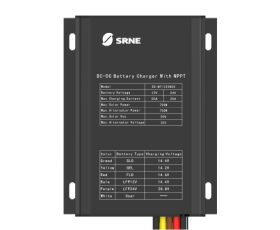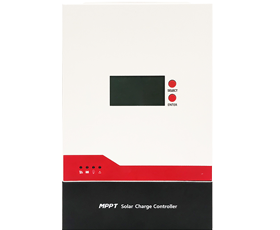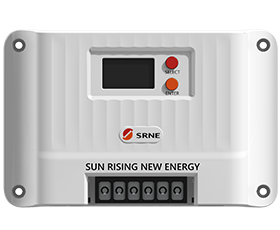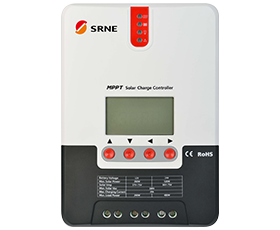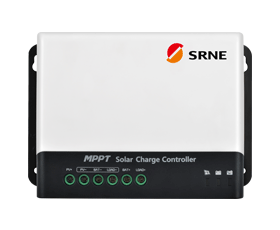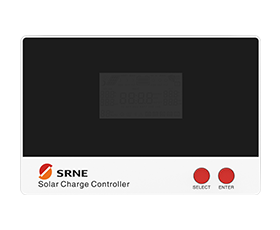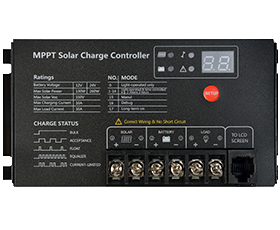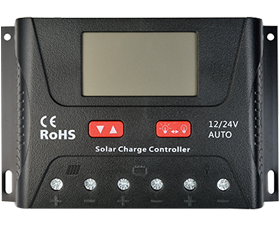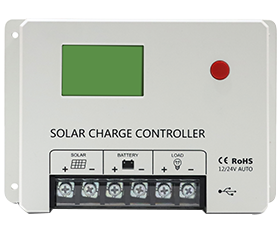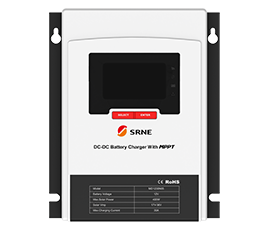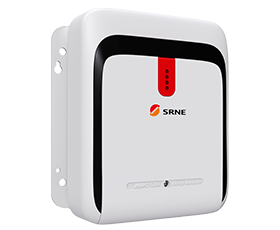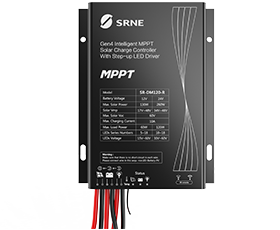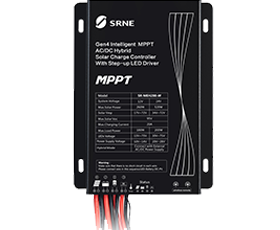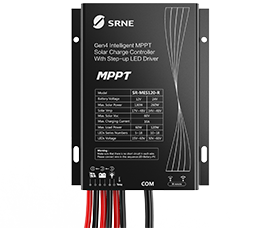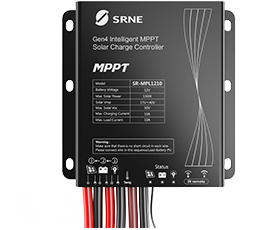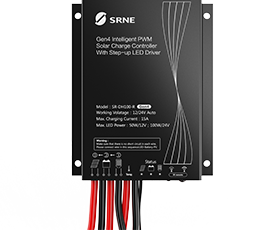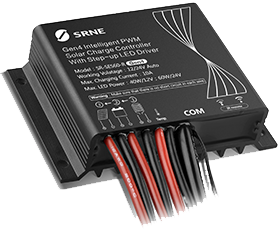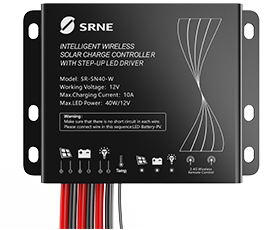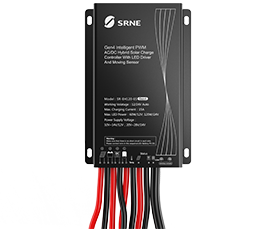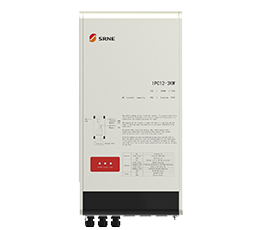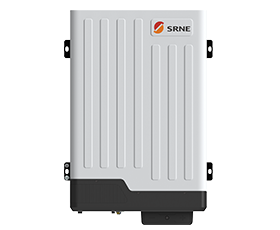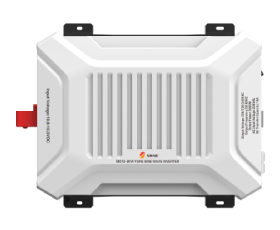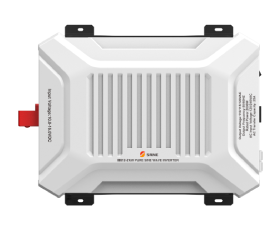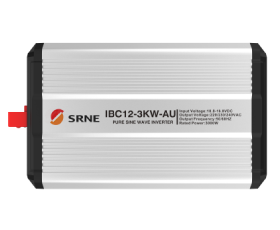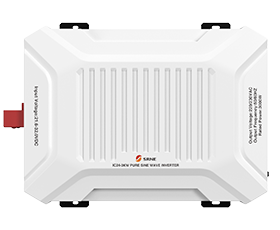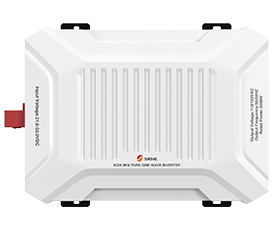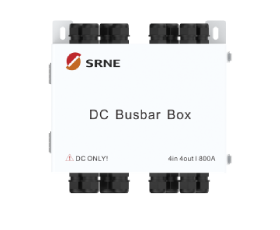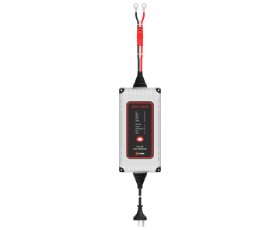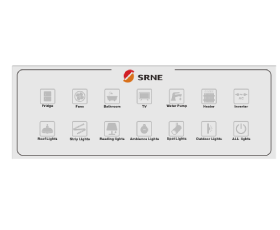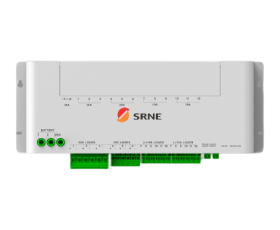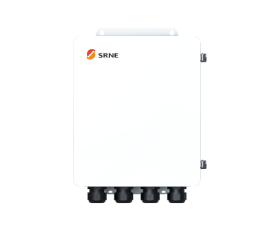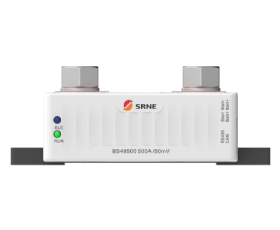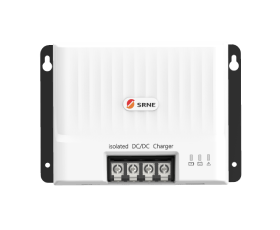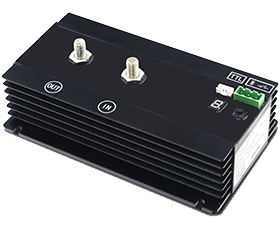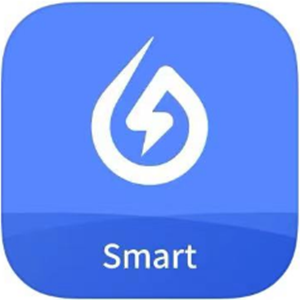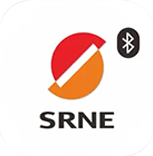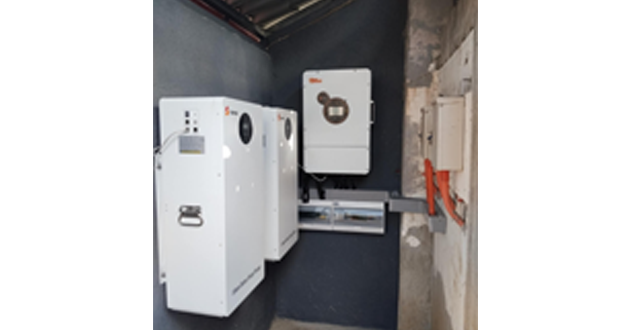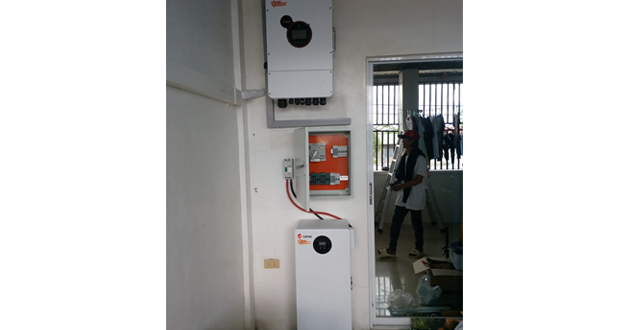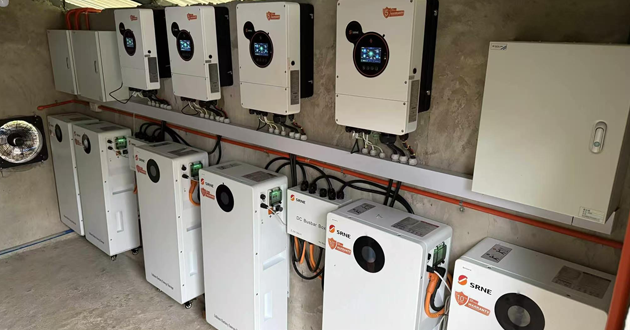Hybrid Inverter Solutions for Off-Grid Islands in the Philippines
For communities living on off-grid islands in the Philippines, reliable electricity can feel like a luxury. Power outages are common, fuel for generators is expensive, and grid connections—if they exist at all—are often unstable. This is where hybrid inverters step in as a practical and sustainable solution. By combining solar panels, battery storage, and backup generators, hybrid inverters provide a steady and flexible power supply even in challenging environments.
In this article, we’ll explore how hybrid inverters work in off-grid settings, the key factors you need to consider when installing them in island environments, and the real benefits they bring to households and businesses seeking energy independence.
Want to dive deeper? Check out our detailed guide on hybrid solar inverters, their types, pros, and more to better understand which system fits your needs.
How Hybrid Inverters Work in Off-Grid Settings
Hybrid Inverter Power Source Flexibility
When you live on an off-grid island, every drop of electricity matters. A hybrid inverter gives you the freedom to pull energy from more than one source—your solar panels during the day, your battery bank when the sun goes down, and a generator if the weather turns bad. Instead of depending on just one option, you gain a safety net of multiple power inputs. This flexibility means you can keep the lights on and appliances running even when sunlight is limited or the weather is unpredictable.
Hybrid Solar Power Inverter Intelligent Energy Management
You don’t need to worry about manually switching between solar, batteries, or a generator—your hybrid inverter does the thinking for you. By using smart energy management, it always prioritizes solar power first and stores any extra in your batteries for later. If your household demand suddenly spikes, or if the sky stays cloudy for days, the system automatically balances everything to ensure steady electricity. For off-grid island life, where your energy use may vary throughout the day, this kind of intelligent control keeps your power supply smooth and reliable without requiring constant oversight.
Hybrid Inverter Reliable Backup Power
Frequent grid outages or no access to the grid at all can be frustrating. With a hybrid inverter, you gain a built-in backup system that steps in the moment solar energy drops. It draws from your batteries or generator to make sure essential devices—like your fridge, water pump, or communication equipment—never go offline. This reliability doesn’t just improve comfort; it gives you peace of mind knowing your home or business can stay powered even during storms or extended blackouts. On a remote island, that level of independence makes a real difference in daily life.
Key Hybrid Solar Power Inverter Considerations for Off-Grid Solar Islands in the Philippines
Environmental Challenges for Hybrid Solar Power Inverter Systems
If you live on a coastal island in the Philippines, you’ve likely seen how quickly salty, humid air damages everyday items—from metal hinges to electronic appliances. The same environment can be tough on a hybrid inverter, batteries, and solar panels, often reducing their expected lifespan. The best way to protect your system is to keep it in a sheltered, well-ventilated space, preferably indoors or in a sealed enclosure designed for harsh climates. This setup prevents direct contact with salt-rich air, slowing down corrosion and minimizing unnecessary maintenance. Taking this precaution ensures your off-grid solar power system continues to operate reliably for many years rather than deteriorating prematurely.
Hybrid Power Inverter Battery Sizing for Off-Grid Use
Sizing your battery bank correctly is one of the most important steps in setting up an off-grid hybrid inverter system. It isn’t just about having “more batteries”—it’s about finding the right balance between your daily energy demand and the backup capacity you need when the sun isn’t shining. Start by tracking your average daily electricity consumption, then decide how many days of autonomy you want to prepare for. On many Philippine islands, where storms and cloudy weather can linger, two to three days of reserve capacity is a common standard. Remember that you can’t fully drain most batteries without shortening their life; the depth of discharge (DoD) must be taken into account. With proper sizing, your batteries won’t just provide peace of mind during outages—they’ll also last longer, making your investment more cost-effective.
Solar Panel Selection for Off-Grid Hybrid Solar Inverters
Solar panels may look similar, but their performance can vary significantly under tropical conditions. In places like Mindanao, where heat and intense sunlight are the norm, panels with poor temperature resistance can lose efficiency just when you need them most. To maximize your energy harvest, choose high-efficiency panels with favorable temperature coefficients, meaning they continue delivering strong output even during the hottest hours of the day. It’s also wise to look for modules tested against moisture and salt corrosion, since these are common challenges in island environments. By pairing durable, high-performing panels with your hybrid solar inverter, you ensure a steady and dependable energy supply while also reducing replacement and maintenance costs over time.
Importance of Professional Hybrid Inverter Installation
Even with quality equipment, poor installation can undermine the entire system. A hybrid solar inverter, batteries, and solar panels must be configured correctly to deliver safe and efficient performance. Certified installers bring the expertise to design proper wiring, optimize inverter settings, and adapt the system to your unique usage patterns and environmental conditions. They also help you maintain manufacturer warranties, which can be essential if repairs are ever needed. On remote islands, where replacement parts or technicians are not always easy to access, getting the installation right the first time is crucial. With professional setup, you can trust your off-grid hybrid inverter system to deliver consistent power and focus on living comfortably, rather than dealing with repeated outages or equipment failures.
Benefits of Hybrid Solar Inverter Systems for Off-Grid Islands
Energy Independence with Hybrid Solar Inverters
Living on an off-grid island often means dealing with limited and unreliable electricity. Traditional options—whether a weak grid connection or a fuel-powered generator—can leave you vulnerable to sudden outages or rising energy costs. A hybrid solar power inverter system gives you the freedom to rely primarily on your own resources. By blending solar generation, battery storage, and backup generation, you take control of your energy supply instead of depending on outside providers. For remote islands in the Philippines, this independence translates into greater stability and the confidence that your power needs can be met regardless of external disruptions.
Cost Savings and Long-Term Value
Island electricity is often expensive, partly because transporting fuel adds to the cost of running generators and maintaining a limited grid. With a hybrid solar inverter system, much of your energy comes directly from the sun, and excess can be stored for later use. This reduces the need to burn costly fuel or purchase grid power during peak hours. Over the years, the system pays for itself by cutting energy bills and shielding you from future price increases. Both households and small businesses can benefit from this predictability, making it easier to plan budgets while investing in a system that provides lasting value.
Improved Reliability of Power Supply
On islands where storms and outages are common, the ability to keep power running without interruption is more than a convenience—it’s a necessity. A hybrid inverter automatically shifts to stored battery energy or a generator the moment solar input drops, keeping essential appliances and systems operational. This ensures your refrigerator, water pump, communications equipment, and other critical devices remain powered even during extended blackouts. For residents of off-grid islands, this reliability offers peace of mind, turning an unpredictable electricity supply into a consistent and dependable resource.
Read more:
https://www.srnesolar.com/articledetail/hybrid-inverter-vs-normal-inverter-which-one-is-better.html
Conclusion
Hybrid inverters offer more than just technology—they bring security, independence, and peace of mind to those living far from reliable grid access. By understanding how they function, planning for the unique challenges of island environments, and investing in proper installation, you can create an off-grid solar power system that not only meets your energy needs but also lasts for years to come.



















